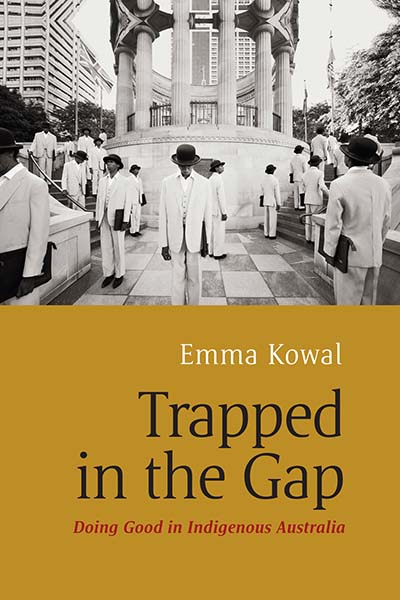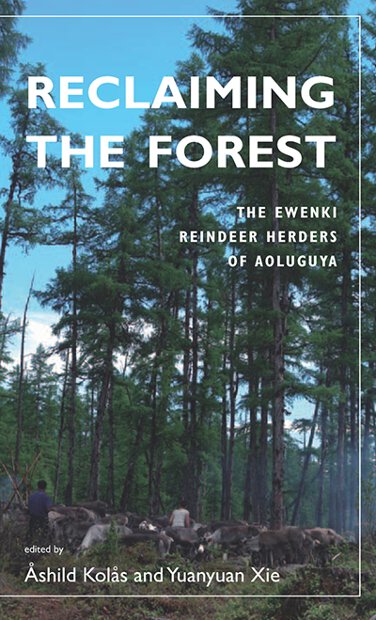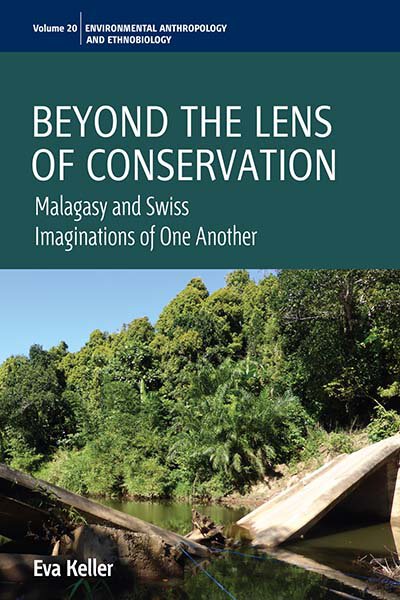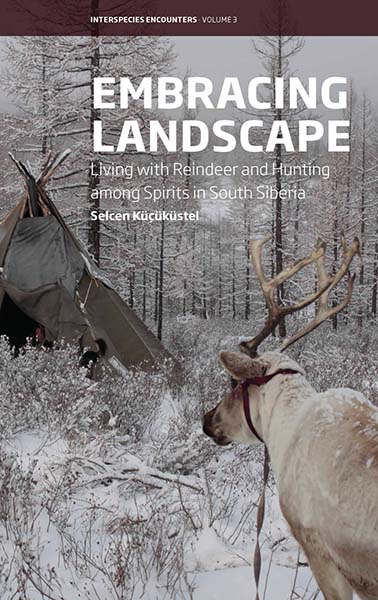
See Related
Anthropology JournalsEmail Newsletters
Sign up for our email newsletters to get customized updates on new Berghahn publications.
Trapped in the Gap
Doing Good in Indigenous Australia
Emma Kowal
214 pages, 7 illus., bibliog., index
ISBN 978-1-78238-599-8 $135.00/£104.00 / Hb / Published (February 2015)
ISBN 978-1-78238-604-9 $34.95/£27.95 / Pb / Published (February 2015)
eISBN 978-1-80758-247-0 eBook
Reviews
“Trapped in the Gap represents one of these rare studies, and comes at a particularly pertinent time; as the adage goes, ‘the winds of change are blowing’ and we must be as cognisant as we ever have been of what impact, if any, we are having on the lives of Indigenous people in Australia.” • Anthropological Forum
“A very interesting and useful book.” • The Asia Pacific Journal of Anthropology
“Well written, widely documented and counter-intuitive, Trapped in the Gap is a brilliant book and a significant contribution to the study of aboriginal health, racial relations in post-settler states and cultural recognition in a liberal and multicultural society… It is undoubtedly a must-read book for anyone who seeks to better understand the problems of Indigenous health and racial relations in contemporary Australia.” • Social Anthropology
“…the points it raises are central to the dilemma that white Australia tries and fails to negotiate again and again in its encounters with remote Aboriginal Australia.” • The Monthly
“Kowal’s work is essential to any project that seeks to change or even imagine a different world.” • Anthropos
“Trapped in the Gap is a must-read for students at upper levels in the social sciences of Australian Indigenous health and indigenous health around the globe. Further, I recommend the book to anyone interested in social and cultural conceptualizations of identities, the politics of health and illness, and inequity in relationships between those in power and those who are marginalized.” • Medical Anthropology Quarterly
“This is an excellent forensic analysis of the dilemmas of well-intentioned white development workers in the intercultural, post-colonial setting of a region of a settler society that is still unsettled. It is well written and engaging… It is scrupulously balanced, strives to be complete, and is consistently well argued.” • Patrick Sullivan, University of Notre Dame
“This book breaks new ground in the study of postcolonial identity politics. Its analysis of the complex motivations, aspirations and ethical ambiguities arising from the legacy of colonialism is both compelling and certain to prompt productive debate.” • David Trigger, University of Queensland
Description
In Australia, a ‘tribe’ of white, middle-class, progressive professionals is actively working to improve the lives of Indigenous people. This book explores what happens when well-meaning people, supported by the state, attempt to help without harming. ‘White anti-racists’ find themselves trapped by endless ambiguities, contradictions, and double binds — a microcosm of the broader dilemmas of postcolonial societies. These dilemmas are fueled by tension between the twin desires of equality and difference: to make Indigenous people statistically the same as non-Indigenous people (to 'close the gap') while simultaneously maintaining their ‘cultural’ distinctiveness. This tension lies at the heart of failed development efforts in Indigenous communities, ethnic minority populations and the global South. This book explains why doing good is so hard, and how it could be done differently.
Emma Kowal is Associate Professor of Anthropology at Deakin University, Melbourne. She has also worked as a doctor and public health researcher in Indigenous health settings. She has published widely on Australian postcolonialism, whiteness and anti-racism, is co-editor of Moving Anthropology: Critical Indigenous Studies, and is an editor of the journal Postcolonial Studies.




